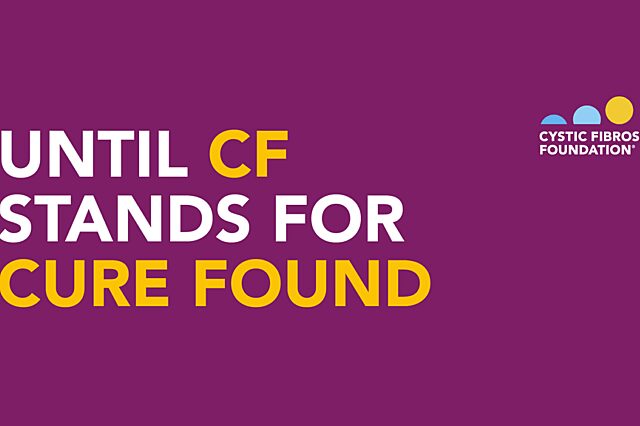Changing the Narrative of Cystic Fibrosis

There was once a time where cystic fibrosis, or CF, was considered a terminal disease. While this may have been the case years ago, patients diagnosed with CF now can work with their medical team to create a treatment plan tailored to the individual characteristics of their disease so that they can live a fulfilling and sustainable life.
“We are in an era of medications that are revolutionizing CF,” said Jorge Lascano, M.D., the director of UF Health’s adult cystic fibrosis program. “CF is no longer a death sentence, and the research we are doing will continue to help our patients live longer and better lives.”
CF, a genetic disease, affects a person’s organs, primarily the lungs, and creates a thick, sticky mucus in the body that can lead to blockages, damage or infections to the affected organs. Symptoms vary depending on the patient but often include persistent coughing and frequent lung infections — such as pneumonia or bronchitis — that can require aggressive treatment, as well as issues with bowel function.
The disease is most commonly diagnosed at birth thanks to CF gene screening. Physicians can now also diagnose people later in life who may have a mild form of the disease not detectable at birth. This is done by looking for specific genetic mutations.
“The disease does not occur more in male or female patients, but it is typically more common in Caucasian patients,” said Lascano, an associate professor of medicine in the UF College of Medicine. “As we take care of a very diverse population here at UF Health, we continue to help patients with CF from different races and backgrounds.”
Once diagnosed, patients can require three to four hours of treatment each day and must work with their provider to create a personalized treatment plan to improve their overall quality of life. Physicians must work to help support the patient’s goals and lifestyle to ensure consistency and effectiveness, according to Lascano. UF Health’s CF program prioritizes the importance of comprehensive care for its patients to develop their plan, supporting adults and children as they reach the critical transition from pediatric to adult practices. UF Health’s CF program has created transition practices both locally and remotely to assure patients are ready to move on with their lives once they transfer services.
“Our team is complete with a multidisciplinary staff so when patients visit our clinic, they can see every specialist in one trip, including our endocrinologist, gastroenterologist and ENT,” Lascano said. “This is important specifically for the large number of patients who travel from out of town to receive our care.”
This month, the UF Health’s CF program will host its second North Central Florida CF conference, bringing together professionals from multiple disciplines to learn and discuss the changes in CF care. UF Health joins the Cystic Fibrosis Foundation in celebrating CF Awareness Month to help others learn about how the disease impacts the lives of those affected.
About the author
